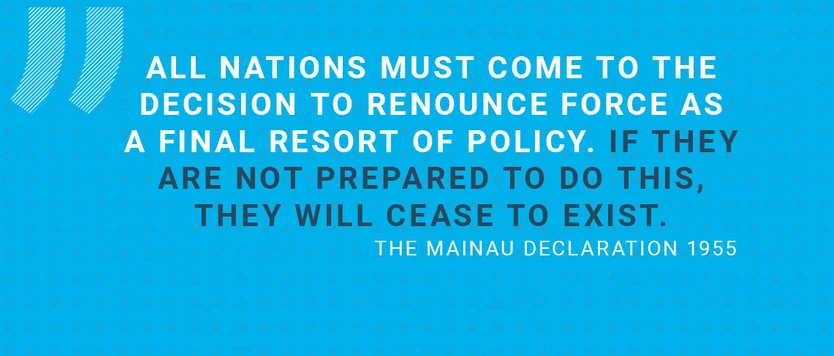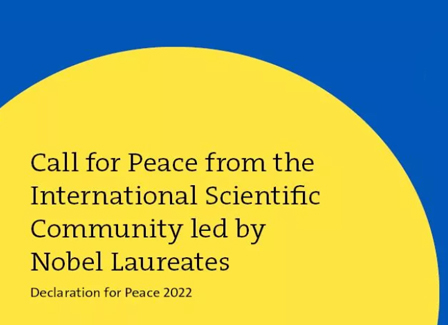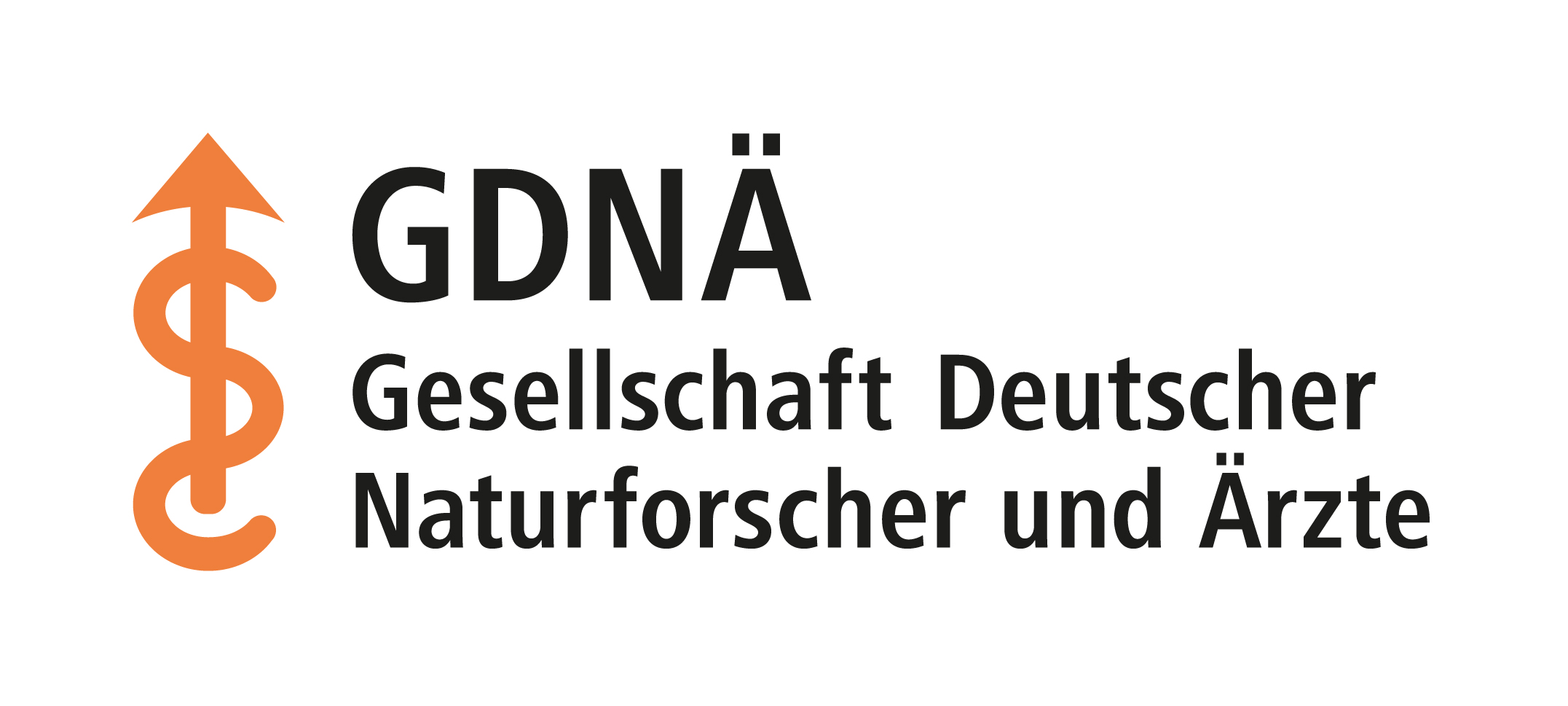Nobel Laureates’ Call for Peace
Nobel Laureates’ Call for Peace
Laureates from all over the world, including GDNÄ members, sign declaration
The declaration follows on from the 1955 Mainau Declaration against the use of nuclear weapons. It was co-initiated by Otto Hahn, first President of the Max Planck Society, at the 5th Lindau Nobel Laureate Meeting. The current declaration states: “The discovery of nuclear fission created the basis for the construction of atomic weapons of destruction. Their current volume has the potential to make the earth uninhabitable for humans and to wipe out human civilisation. Therefore, such weapons must never be used!”

© Max-Planck-Gesellschaft
The final sentence of the Mainau Declaration.
The 138 signatories call on governments and business leaders to use scientific knowledge and technologies responsibly and with awareness of their long-term consequences. Russian President Vladimir Putin is called upon to respect the agreements under international law, to recall his armed forces, to start negotiations and to establish peace.
The Lindau Nobel Laureate Meetings and the Max Planck Society are convinced that science must continue the dialogue even if politics remains silent – or fights. With this comes the hope that this initiative, along with countless others, will soon lead to a return to peaceful exchange between nations.

@ Lindau Nobel Laureate Meetings
Further information:
